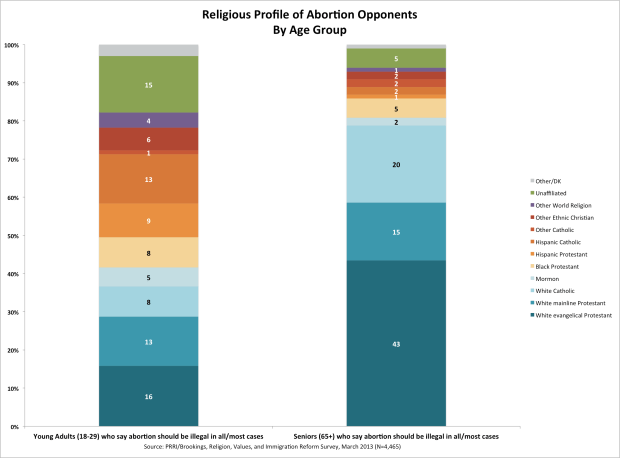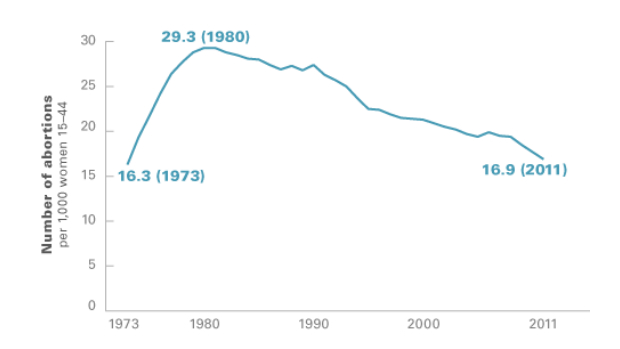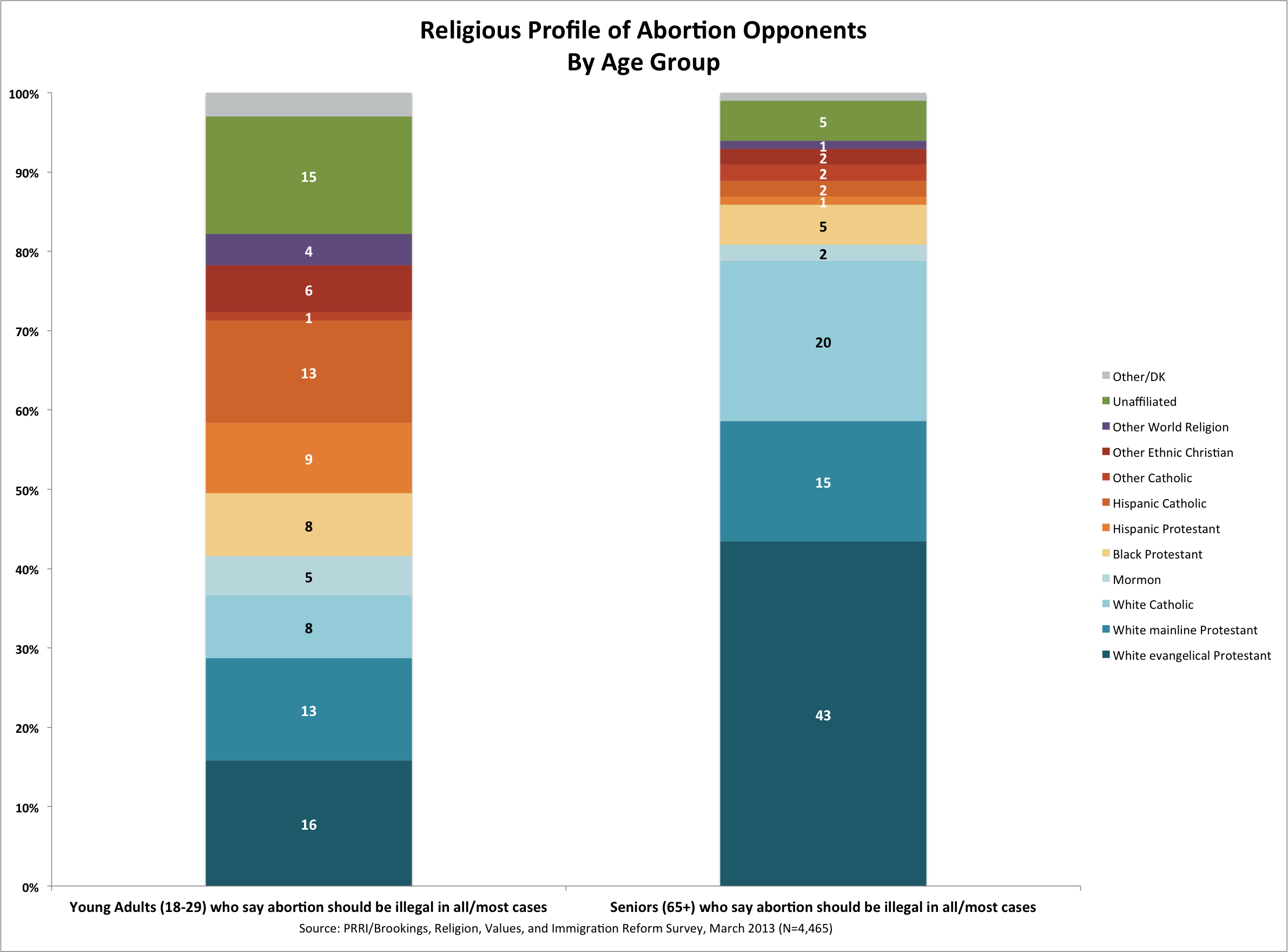Add one more striking statistic to the debate over the pro-life movement's impact on America after four decades of advocacy.
With abortion clinics closing at record rates as abortions hit near-record lows and state restrictions hit near-record highs, a respected report released today reveals that U.S. abortions have dropped to their lowest rate since 1973—the year the U.S. Supreme Court decided Roe v. Wade.
In 2011, U.S. abortions dropped to 16.9 per 1,000 women between the ages of 15 and 44, according to the latest report by the Guttmacher Institute. The 2011 rate (the most recent year for which data is available) is the lowest since 1973, when America's abortion rate was 16.3. By comparison, the highest rate was 29.3 in 1981.
The abortion rate declined in every state except six, reports Religion News Service (amid widespread coverage). Guttmacher also reports a 13 percent decline in the number of abortions between 2008 and 2011, when it estimates 1.1 million abortions were performed.
"That abortion rates and numbers continue to decline is heartening because it shows that women are rejecting the idea of abortion as the answer to an unexpected pregnancy," said Carol Tobias, president of the National Right to Life Committee (NRLC), in a press release. "This latest report from Guttmacher shows the long-term efforts of the right-to-life movement to educate the country about the humanity of the unborn child and to enact laws that help children and their mothers are having a tremendous impact."
However, Rachel Jones, lead author of the Guttmacher study, insists that the lower abortion rate is not a reflection of state abortion restrictions, given that the decline from 2008 to 2011 spans all but six states (Alaska, Maryland, Montana, New Hampshire, West Virginia, and Wyoming). Nor is it a reflection of a drop in the number of abortion care providers.
Instead, Jones credits the decline in abortions to better contraceptives and to the recession. She writes:
Contraceptive use improved during this period, as more women and couples were using highly effective long-acting reversible contraceptive methods, such as the IUD. Moreover, the recent recession led many women and couples to want to avoid or delay pregnancy and childbearing.
But Tobias wasn't so quick to dismiss the implications of the pro-life movement's success in regards to the study:
The legislative efforts of the right-to-life movement, and significantly, the resulting national debate and educational campaigns surrounding pro-life legislation should not be minimized when discussing the decline in abortion numbers. The more Americans learn about the development of the unborn child and the tragedy of abortion, the more they reject abortion as a legitimate answer to an unexpected pregnancy.
Another cited factor is technologies that are capable of showing the early stages of pregnancy. "This is a post-sonogram generation," said Charmaine Yoest, president of Americans United for Life (the group behind many of the new state limits on abortions) to The Washington Post. "There is increased awareness throughout our culture of the moral weight of the unborn baby. And that's a good thing."
Meanwhile, the pro-life coalition continues to become more diverse as it grows younger.
"Americans who oppose abortion today look significantly different from their older counterparts," Public Religion Research Institute (PRRI) recently noted. "They're less white, less religious, and have attained higher levels of education."
PRRI reports:
Of young Americans who oppose abortion, fewer are white Christians (37 percent) than the nearly 8-in-10 (78 percent) who make up the group of senior Americans who oppose abortion. This includes fewer white evangelical Protestants (16 percent vs. 43 percent), fewer white Catholics (8 percent vs. 20 percent) and roughly the same number of white mainline Protestants (13 percent vs. 15 percent). Among those who oppose abortion, younger Americans are more likely than senior Americans to be Hispanic Catholics (13 percent) or Hispanic Protestants (9 percent) than seniors who oppose abortion (2 percent and 1 percent, respectively).

CT regularly reports on abortion and the pro-life movement, including the recent wave of anti-abortion legislation and the latest research on abortion during the 41st March for Life.










